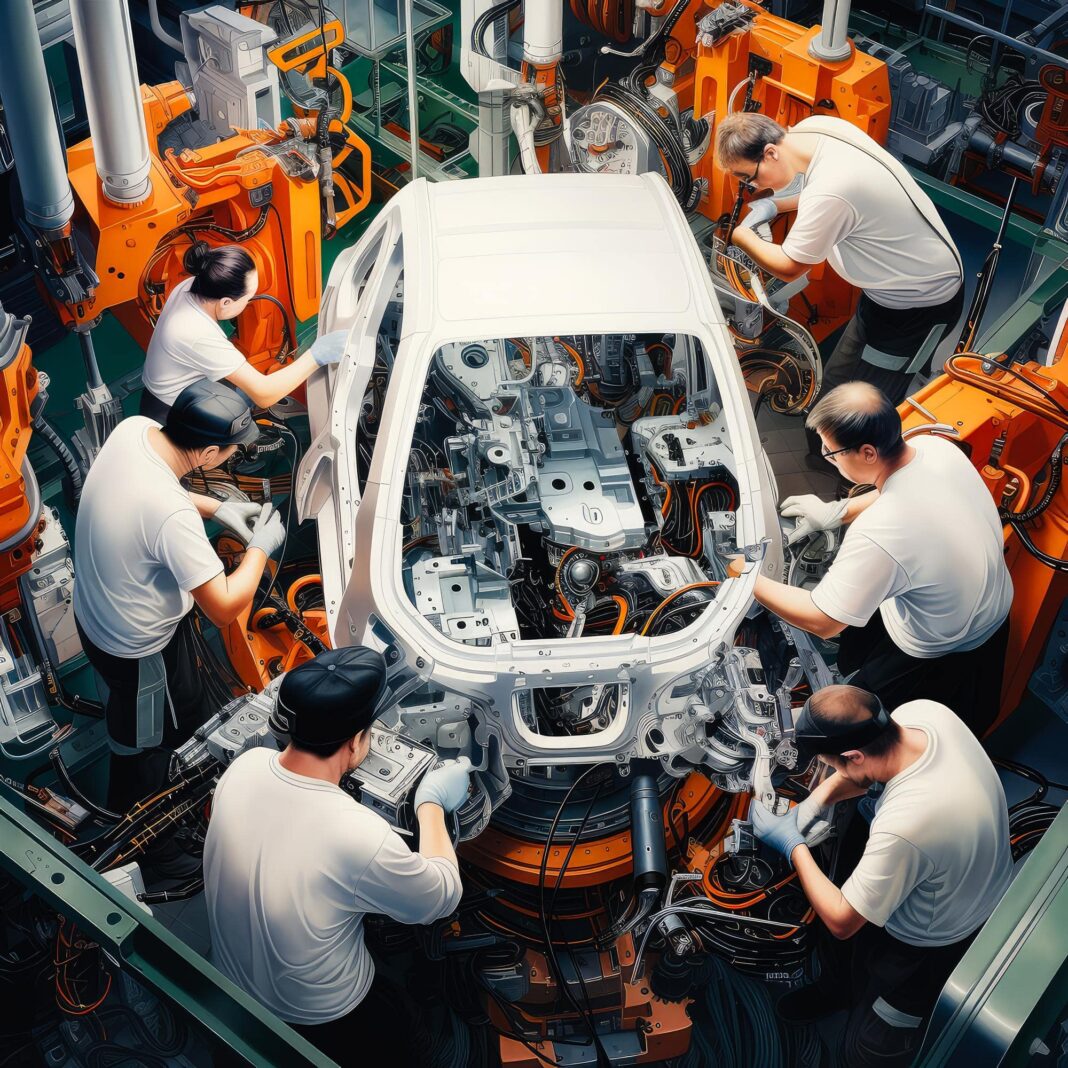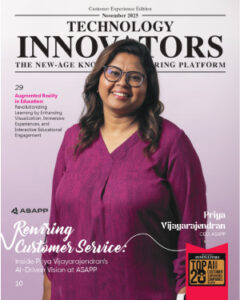Adaptive manufacturing in the automotive industry refers to the use of flexible and efficient production processes that can quickly respond to changes in market demand, product specifications, and supply chain dynamics. Here’s how adaptive manufacturing enhances flexibility and efficiency in automotive production:
- Flexible Manufacturing Systems: Adaptive manufacturing relies on flexible manufacturing systems (FMS) that can quickly reconfigure production lines and adapt to changing production requirements. FMS incorporate technologies such as robotic automation, modular assembly cells, and flexible tooling systems that enable rapid changeovers and customization of production processes. By minimizing downtime and setup times, FMS enhance production flexibility and responsiveness to market demands.
- Agile Production Planning: Adaptive manufacturing employs agile production planning and scheduling strategies that prioritize responsiveness and adaptability. Dynamic scheduling algorithms, real-time production monitoring systems, and predictive analytics enable manufacturers to optimize production schedules, allocate resources efficiently, and adjust production capacity in real-time based on changing demand forecasts, customer orders, and supply chain disruptions. Agile production planning minimizes lead times, inventory levels, and production bottlenecks, improving overall efficiency and responsiveness.
- Modular Product Architecture: Adaptive manufacturing leverages modular product architectures that enable the rapid development and customization of vehicle platforms and configurations. Modular platforms consist of standardized components and modules that can be easily combined and adapted to create diverse vehicle models and variants. By sharing common components and platforms across multiple vehicle models, manufacturers reduce development costs, accelerate time-to-market, and enhance production flexibility while maintaining product differentiation and customization.
- Digital Twins and Simulation: Adaptive manufacturing utilizes digital twins and simulation technologies to model, simulate, and optimize production processes in virtual environments. Digital twins create virtual replicas of manufacturing systems, allowing engineers to simulate production scenarios, test process optimizations, and identify potential bottlenecks or inefficiencies before implementing changes on the shop floor. Simulation tools enable manufacturers to evaluate the impact of design changes, process improvements, and resource allocations on production performance, quality, and efficiency, facilitating data-driven decision-making and continuous improvement initiatives.
- Collaborative Robotics and Automation: Adaptive manufacturing integrates collaborative robotics and automation solutions that enable human-robot collaboration and flexible automation in production environments. Collaborative robots, or cobots, work alongside human operators in shared workspaces, performing tasks such as assembly, material handling, and quality inspection. Cobots are easily reprogrammable and adaptable to different production tasks, allowing manufacturers to quickly reconfigure production lines and adapt to changing production requirements without extensive retooling or reprogramming.
- Supply Chain Integration and Resilience: Adaptive manufacturing emphasizes supply chain integration and resilience to mitigate risks and disruptions in the supply chain. Just-in-time (JIT) inventory management, vendor-managed inventory (VMI) systems, and supply chain visibility tools enable manufacturers to synchronize production with demand and optimize inventory levels while minimizing inventory holding costs and supply chain risks. Supply chain resilience strategies such as dual sourcing, inventory diversification, and contingency planning help mitigate the impact of supply chain disruptions, ensuring continuity of production operations and fulfillment of customer orders.
- Continuous Improvement and Kaizen Culture: Adaptive manufacturing fosters a culture of continuous improvement and Kaizen (continuous improvement) mindset among employees, encouraging collaboration, innovation, and problem-solving at all levels of the organization. Lean manufacturing principles, value stream mapping, and quality management systems promote waste reduction, process optimization, and performance excellence in automotive production. Continuous improvement initiatives empower employees to identify opportunities for improvement, implement solutions, and drive operational excellence, resulting in higher productivity, quality, and efficiency in manufacturing operations.
Overall, adaptive manufacturing enhances flexibility and efficiency in automotive production by leveraging flexible manufacturing systems, agile production planning, modular product architectures, digital twins and simulation, collaborative robotics and automation, supply chain integration and resilience, and continuous improvement practices. By embracing adaptive manufacturing principles and technologies, automotive manufacturers can adapt to changing market dynamics, customer preferences, and technological advancements, positioning themselves for success in a rapidly evolving industry landscape.








